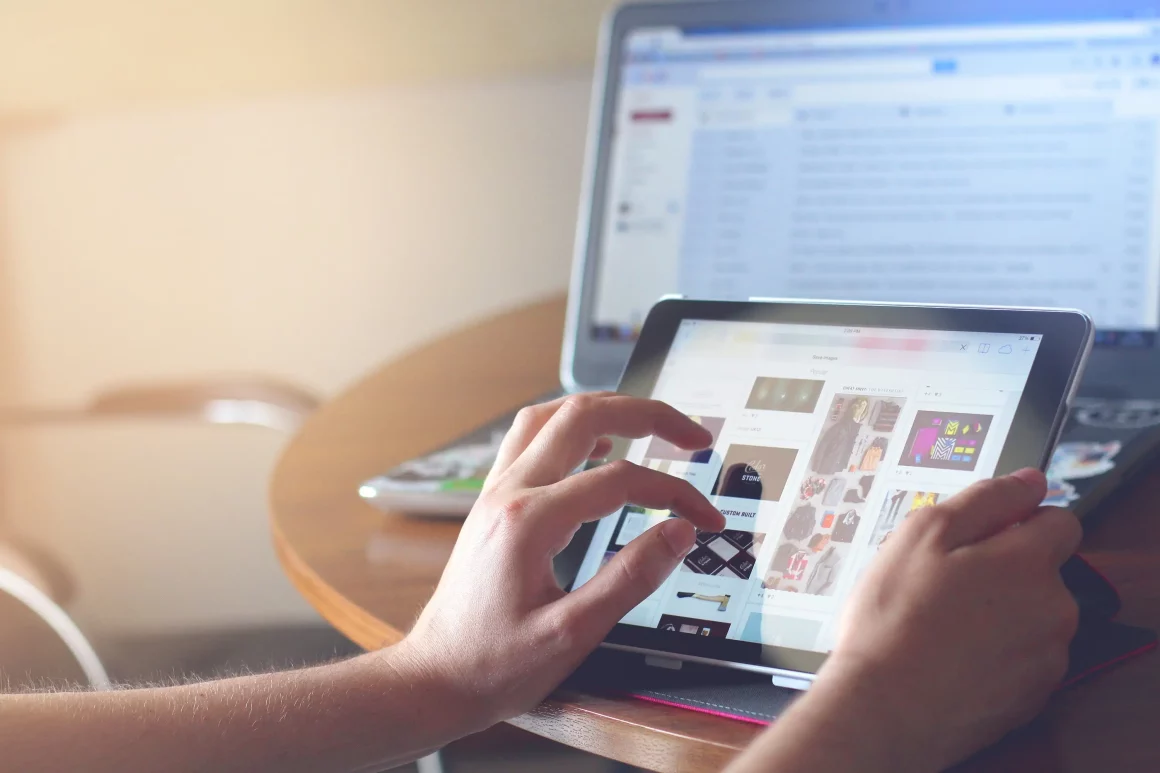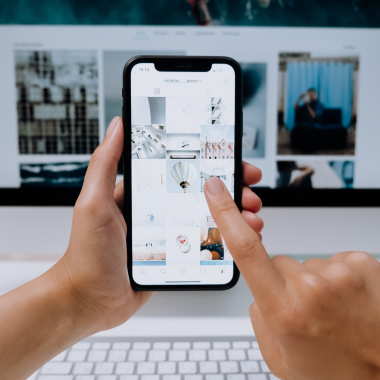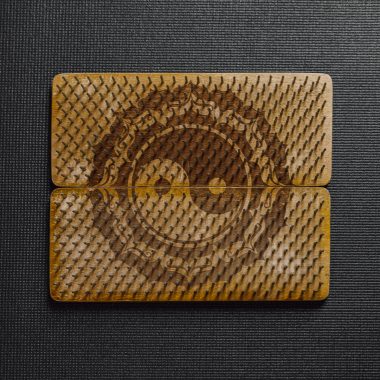In today’s digital age, technology has become an integral part of our daily lives. From smartphones and laptops to social media and streaming services, we are constantly connected to the digital world. However, excessive use of technology can negatively impact our mental health and overall well-being.
That’s where a digital detox comes in – taking a break from technology can offer numerous benefits and improve our quality of life. In this article, we will explore what a digital detox is, why it’s important, and how to do it, along with tips for overcoming common challenges.
What is a Digital Detox?
A digital detox is a period of time where a person refrains from using electronic devices such as smartphones, computers, and tablets. It can range from a few hours to several days, depending on the individual’s preferences and needs.
The purpose of a digital detox is to disconnect from the constant barrage of information and stimuli that technology provides, and to focus on oneself and the present moment.
Переглянути цей допис в Instagram
The Negative Effects of Technology
While technology has made our lives more convenient and connected, it also has negative effects on our mental health and well-being. Excessive use of technology can lead to feelings of anxiety, stress, and depression, as well as poor sleep quality and a lack of productivity. The constant barrage of information and notifications can also lead to a decrease in attention span and an inability to focus.
Benefits of a Digital Detox
Taking a break from technology and engaging in a digital detox can have numerous benefits for our mental health and overall well-being. Here are just a few:
- Improved Mental Health: Unplugging from technology can help alleviate feelings of anxiety, stress, and depression, and improve overall mental health.
- Better Sleep: The blue light emitted by electronic devices can interfere with our natural sleep cycle, leading to poor sleep quality. Unplugging before bed can help improve sleep.
- Increased Productivity: Being constantly connected to technology can be a distraction and hinder productivity. Taking a break from technology can help increase focus and productivity.
- Enhanced Relationships: Excessive use of technology can lead to a decrease in face-to-face interactions and hinder the development of meaningful relationships. A digital detox can provide an opportunity to reconnect with loved ones and improve social connections.
How to Do a Digital Detox
Doing a digital detox can seem daunting at first, but it’s important to remember that it’s not an all-or-nothing approach. Here are some tips for unplugging and taking a break from technology:
- Set Boundaries: Determine the amount of time and types of technology that you want to disconnect from, and stick to those boundaries.
- Create a Schedule: Set aside specific times during the day or week where you will not use technology, and plan alternative activities to fill that time.
- Find Alternative Activities: Engage in activities that do not require technology, such as reading a book, taking a walk, or spending time with loved ones.
- Disconnect Before Bed: Avoid using technology before bed, as the blue light can interfere with sleep.
Overcoming Challenges
While a digital detox can have numerous benefits, it can also be challenging to disconnect from technology, especially in today’s digital age. Here are some common challenges that people may face when doing a digital detox, along with strategies for overcoming them:
- Fear of Missing Out (FOMO): It can be challenging to disconnect from technology for fear of missing out on important information or social events. However, it’s important to remember that taking a break from technology can help improve mental health and overall well-being.
- Withdrawal Symptoms: It’s common to experience withdrawal symptoms such as restlessness, anxiety, and boredom when disconnecting from technology.However, it’s important to remember that these symptoms are temporary and will subside with time.
-
- Social Pressure: Friends, family, and colleagues may pressure you to stay connected to technology, making it challenging to do a digital detox. It’s important to communicate your intentions and boundaries to others, and to surround yourself with supportive people who understand the importance of taking a break from technology.
Переглянути цей допис в Instagram
In conclusion, a digital detox is a simple yet effective way to improve mental health and overall well-being. By unplugging from technology, we can reduce feelings of anxiety and stress, improve sleep quality, increase productivity, and enhance social connections.
While it may be challenging to disconnect from technology, setting boundaries, creating a schedule, and finding alternative activities can make the process easier. By overcoming common challenges and embracing the benefits of a digital detox, we can improve our quality of life and lead a more fulfilling existence.
Whether it’s taking a break from social media, turning off our phones before bed, or engaging in a technology-free activity, there are many ways to incorporate a digital detox into our daily lives.
It’s important to remember that a digital detox is not an all-or-nothing approach and can be tailored to fit each individual’s needs and preferences. By taking small steps towards unplugging and reconnecting with ourselves and the present moment, we can reap the numerous benefits of a digital detox and live a healthier and happier life.








